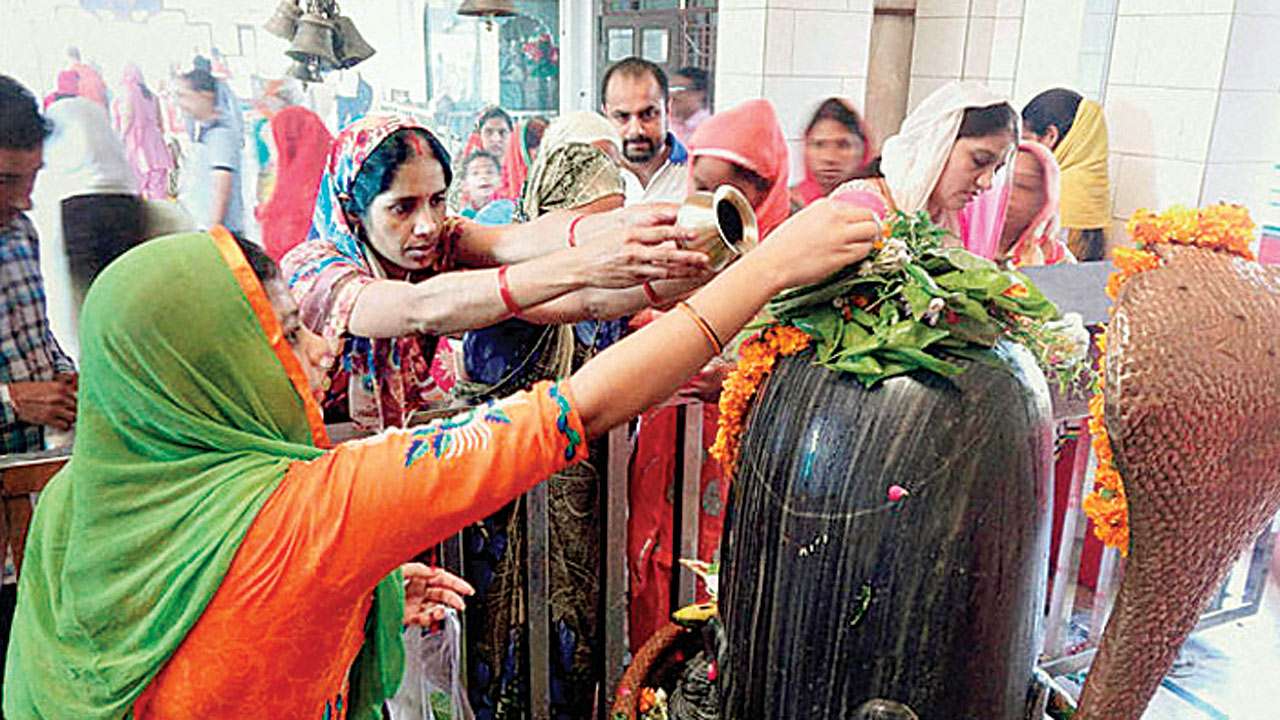
Hindol Sengupta speaks to Dyuti Basu about how he handles delicate topics like religion and conflicted histories at a time when sensitive handling of such topics is of the essence.
Historian and journalist Hindol Sengupta is a name often associated with topics that can be considered problematic. His latest – The Man Who Saved India, a book on Vallabhai Patel –coming at a time when the country is embroiled in debate over the Statue of Unity in Gujarat, is only one of the many examples of how he has tackled burning issues in the country. His initiative Whypoll Trust also tries to bridge the gap between policymakers and civilians. Edited excerpts with the author, who is speaking at the panel at the Arth – A Cultural Quest this year.
There has never been a time in history where religion, in some form or the other, has not been important. What is religion? It is, fundamentally, the search for meaning. And whether it is organised or individual, that quest will never go away. A new generation that considers itself Spiritual But Not Religious (SBNR) is turning aggressively to meditation and other spiritual techniques and guidance. So one could call it by various names, and access it either through a guru or a book or a mobile app, but the need for religion and spirituality in some form or the other will always be with us.
I was asked at a lecture in the US after Being Hindu won the Wilbur Award there that the Dalai Lama says the easiest way to understand Buddhism is that it is compassion, similarly, what is Hinduism? The answer to me is clear — it is joy. The idea comes from Sat Chit Ananda, Hinduism is a journey in realising joy or bliss. This makes perfect sense because Hinduism is the journey towards discovering your own inner divinity. How can that process not be joyful?
Quite simply because Patel’s legacy is extremely understudied and under-researched. Immense work is needed in this field and we have only just begun. The comparison is because they were the three people who were at the forefront of the Congress Party before, at, and after independence. Gandhi and Nehru have been studied extensively but the Patel part needs a lot more work and my extensive book on Patel, The Man Who Saved India, hopefully has contributed in understanding Patel better.
As long as people read before they argue or tweet, and do not lie to promote their agenda, we should be fine. The more conversation, the better. I would argue that we should have much more — not less — open, free and fair conversation about religion in India.